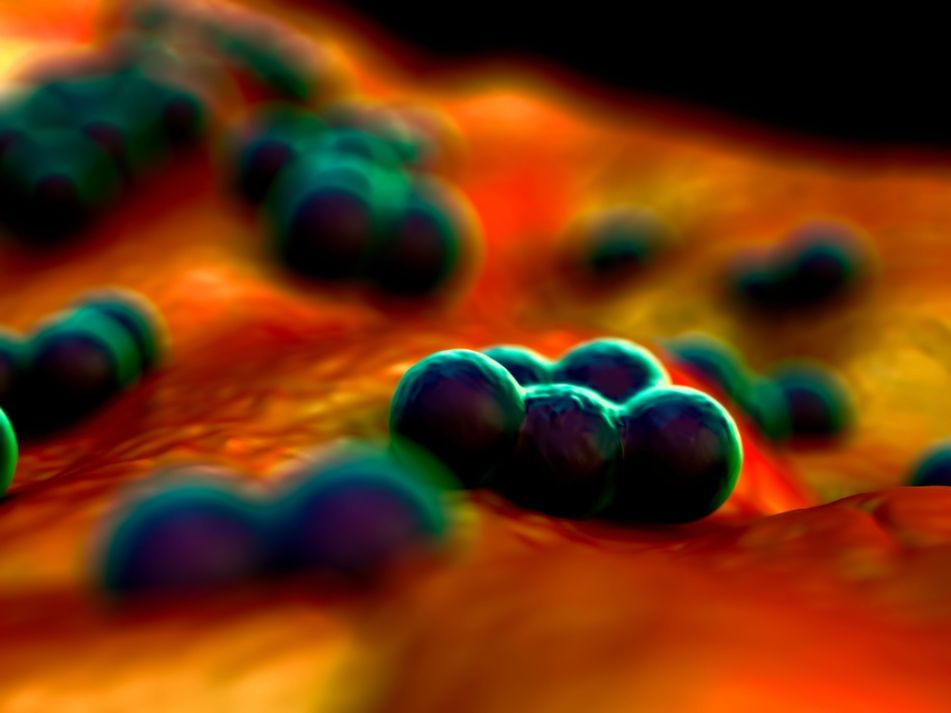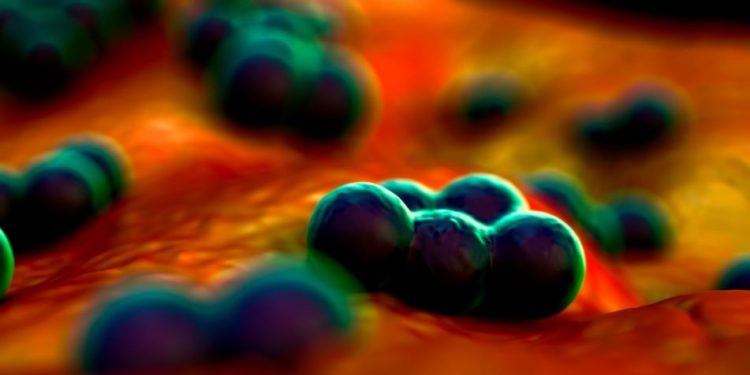Staphylococcal infections are caused by gram-positive, sphere-shaped bacteria called staphylococci. They are usually harmless on the skin, but they can cause serious infections when they enter the body through a wound. The most common symptoms of a staph infection are a red, painful, pus-filled blemish or cluster of raised, itchy, blisters called impetigo.
Staph infections can also cause a skin infection called cellulitis, and the symptoms may include fever, chills, night sweats, and pain in your joints or bones. It is important to see your doctor right away if you have any of these symptoms, as they could be signs of a serious staphylococcal infection.
Skin Infections
Staph bacteria are very common on the skin, so you’re likely to get a staph infection at some point in your life. It’s usually not a big deal, but if you develop it, see your GP immediately to see what treatment is needed. Staph bacteria can also enter your bloodstream and cause serious infections, like pneumonia (lung infection) and heart valve infection.
Your GP will look at your skin and ask about the symptoms you’re experiencing. They’ll also look at any other symptoms you might have, such as fever or chills. If your GP thinks you have a serious staphylococcal infection, they’ll take samples of the infected tissue and send them to a laboratory for analysis.
Infections on the Inside
Staph can also invade your body’s other systems, such as your bones, lungs, and heart. This can cause infections that can make you very sick, including pneumonia, a type of bone infection called osteomyelitis, and heart valve infection known as endocarditis.

In some cases, a staph infection can be very serious and lead to septicemia (blood poisoning). Septicemia can result in high fever, low blood pressure, and a rapid decline in your overall health. It can even be deadly in some cases.
People with weakened immune systems are more susceptible to staph infections because their bodies cannot fight off the bacteria. This includes anyone who has a disease or is taking drugs that weaken their immune system, like chemotherapy or HIV medicines.
Other risk factors for staph infection include living in an area where there are lots of bugs or animals, using contaminated objects, and sharing items like razors, towels, and socks with someone who has a staph infection. It’s especially common to get a staph infection in hospitals and other health care facilities, because the conditions there are conducive to the growth of staphylococcal bacteria.
The most important thing to know about staphylococcal infections is that they can be extremely contagious if you have the bacteria on your skin or are sharing things with an infected person, and the symptoms of a staph infection can be severe. In addition to these symptoms, there are also more serious staph infections that can cause organ damage or death.
Staph infections are most commonly treated with antibiotics that kill the bacteria that causes them. The types of antibiotics used depend on the infection and what part of the body it affects. They can be taken by mouth or given intravenously. Antibiotics are generally very effective against staph infections, but some strains of staphylococcus bacteria can be resistant to some antibiotics.









